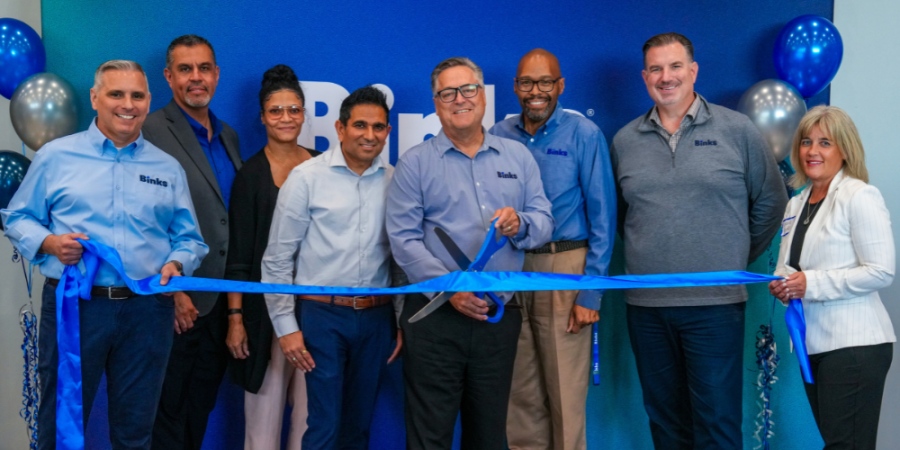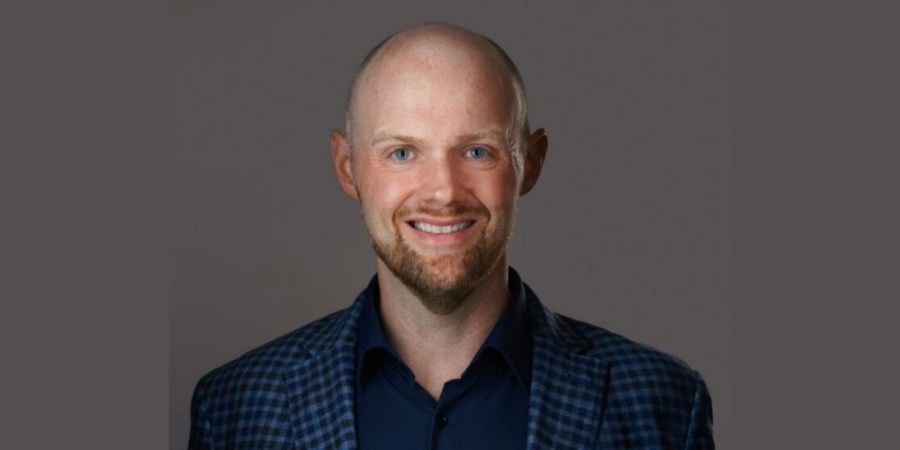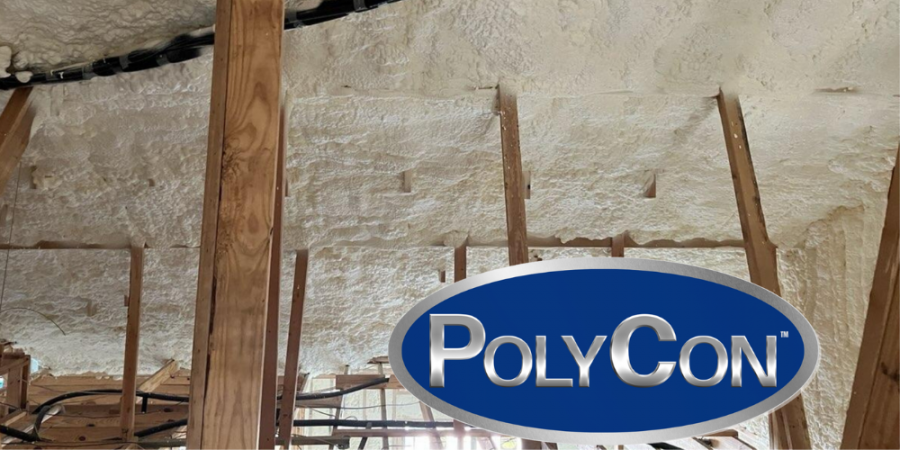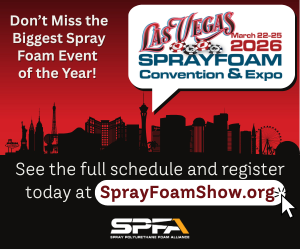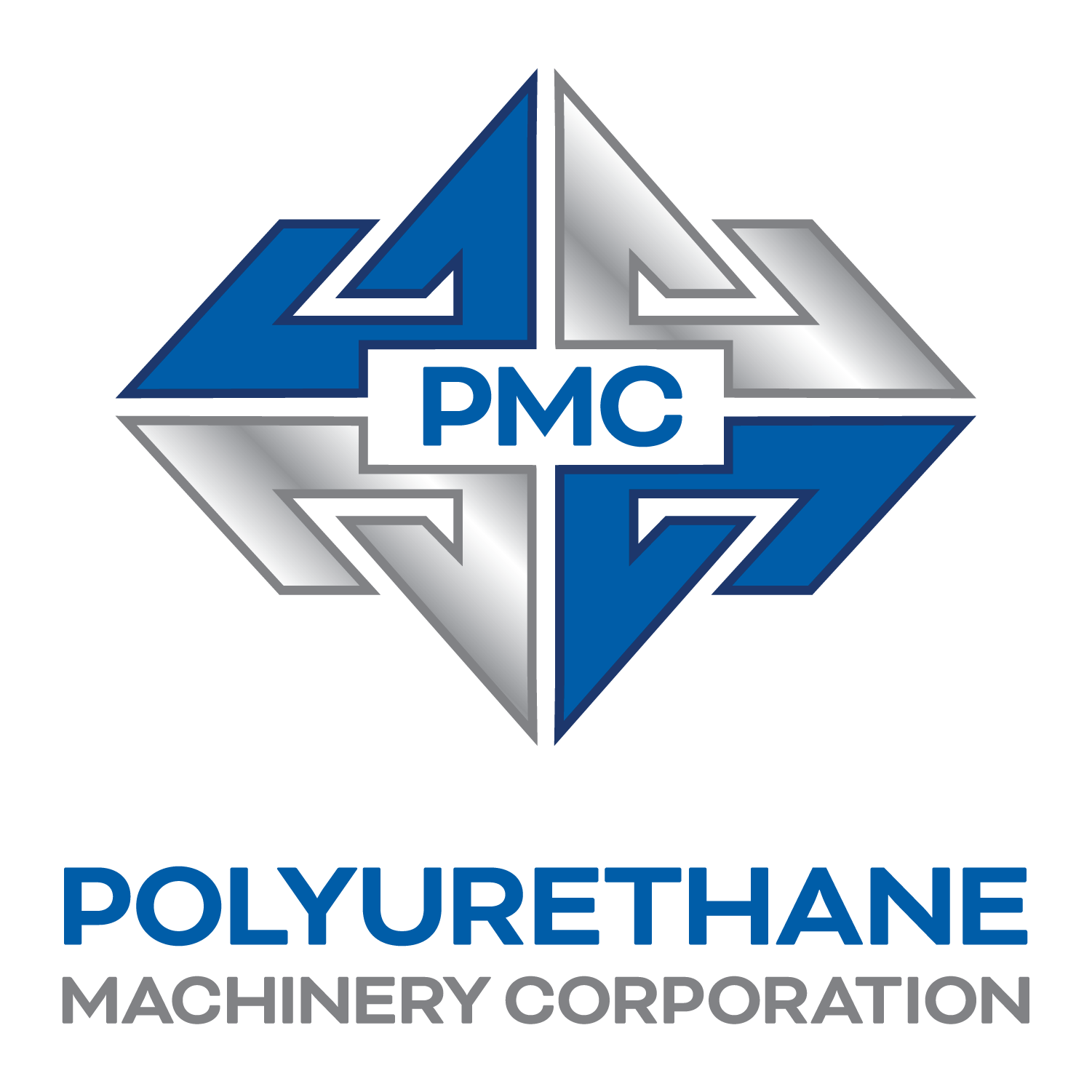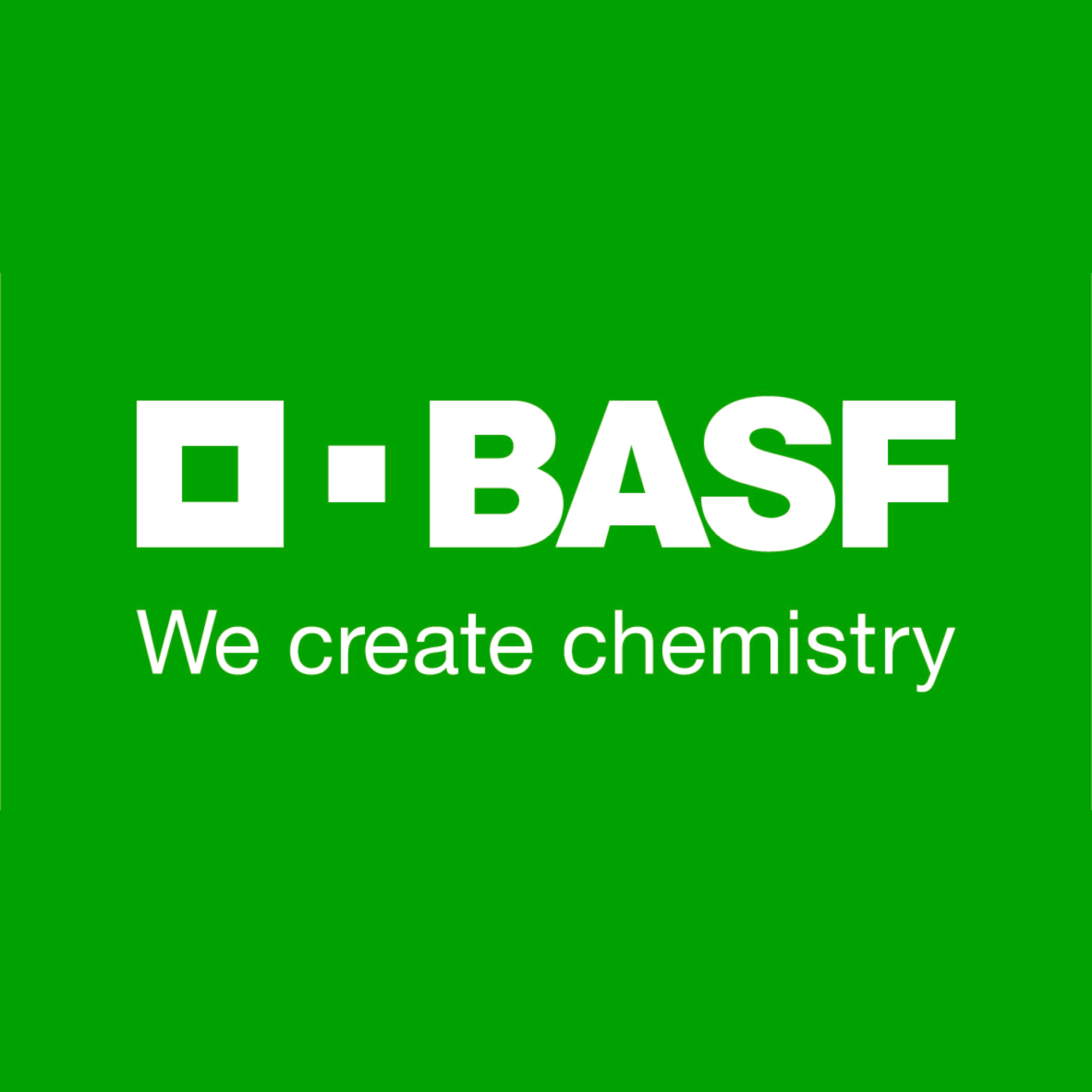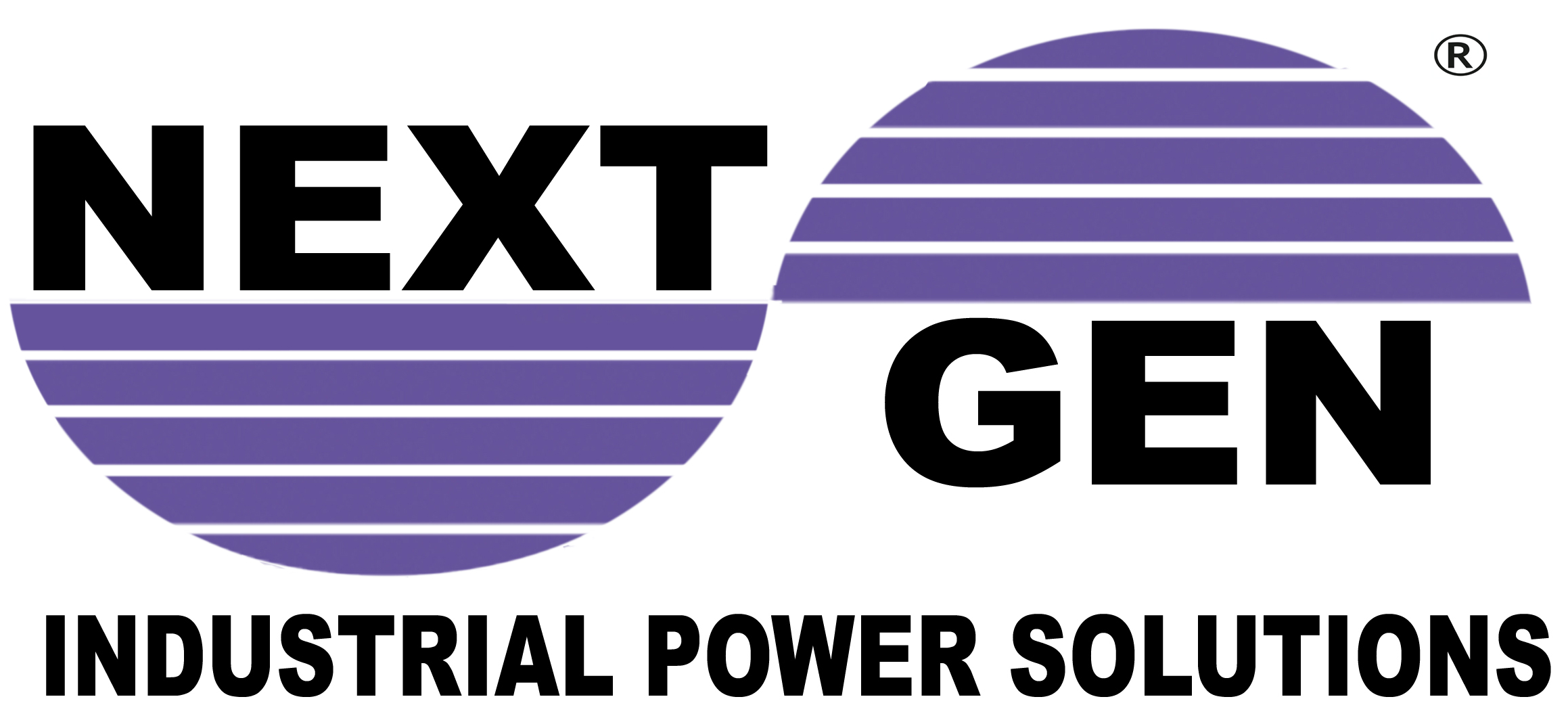NRCan Launches Challenge to Fund Bio-Based Foam Insulation
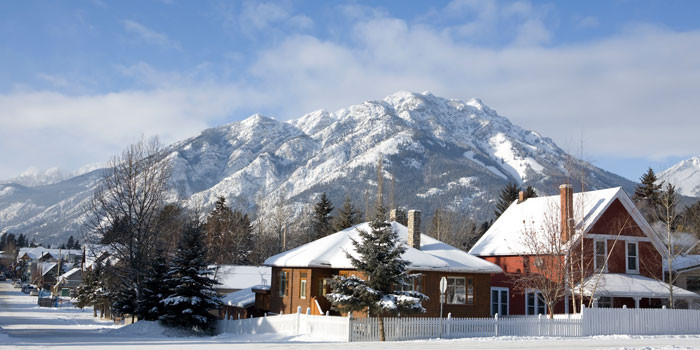
Natural Resources Canada (NRCan) has launched a challenge to fund the development of new bio-based foam insulation products.
The Plastics Challenge is offering grant funding of up to $1.15 million for projects that develop foam insulation products that:
- Are predominantly derived from Canadian forest residue.
- Have similar insulation values (within 20%) as currently available petroleum-based versions.
- Would have similar cost (within 20%) as currently available petroleum-based versions.
- Are less flammable than petroleum-based versions.
- Are fully recyclable at end of life.
- Would generate less (GHG) emissions during manufacturing.
A few products on the market incorporate small quantities of bio-based material, up to 2% for "soy" spray foam and up to 25% lignin in IsoLignin polyurethane rigid foam.
NRCAN is seeking solutions that result in foam insulation products (either spray foam or rigid foam board) that: are predominantly derived from Canadian forest residue; have similar insulation values (within 20%) as currently available petroleum-based versions; would have similar cost (within 20%) as currently available petroleum-based versions; are less flammable than petroleum-based versions; are fully recyclable at end of life and, last but not least, would generate less (GHG) emissions during manufacturing.
Desired outcomes and Considerations
Essential (mandatory) outcomes

1. clearly indicate whether they will result in: A) bio-based spray foam insulation and/or B) bio-based rigid foam board.
2. be predominantly bio-based (as close to 100% but not less than 60% by weight or volume) and derived from Canadian domestic forest residue
3. have similar insulation values (for example closed cell spray foam R-value of 6.5 per inch) as petroleum-based versions (within 20%)
4. have similar cost (within 20%) as currently available petroleum-based versions
5. be non-flammable or considerably less flammable (at least twice as slow to ignite) than petroleum-based versions
6. A. For bio-based spray foam insulation: proposed solutions must have the ability to be sprayed in place, similarly to currently available products.
For bio-based rigid foam board: proposed solutions must have the ability to be extruded or shaped into rigid foam boards
Important:
- Applicants may only submit one proposal for this challenge.
- Applicants who choose to submit a proposed solution for spray foam insulation must explain in the ISC Application form in Section D, Question 1 (a), (Scope), how their solution meets all of the Essential (mandatory) outcomes, specifically 1 to 5 and 6A.
- Applicants who choose to submit a proposed solution for rigid foam board must explain in the ISC Application form in Section D, Question 1 (a), (Scope), how their solution meets all of the Essential (mandatory) outcomes, specifically 1 to 5 and 6B.
- Applicants who choose to submit a proposed solution that could be used for both spray foam and rigid foam board insulation must explain in the ISC Application form in Section D, Question 1 (a), (Scope), how their solution meets all of the Essential (mandatory) outcomes specifically 1 to 5, and 6A and 6B.
Additional Outcomes
Proposed solutions should:
1. Be fully recyclable at the end of life,
2. generate less GHG emissions during manufacturing.
Eligibility
Solution proposals can only be submitted by a small business that meets all of the following criteria:
- For profit
- Incorporated in Canada (federally or provincially)
- 499 or fewer full-time equivalent (FTE) employeesFootnote *
- Research and development activities that take place in Canada
- 50% or more of its annual wages, salaries and fees are currently paid to employees and contractors who spend the majority of their time working in CanadaFootnote *
- 50% or more of its FTE employees have Canada as their ordinary place of workFootnote *
- 50% or more of its senior executives (Vice President and above) have Canada as their principal residence
Learn more: https://www.ic.gc.ca/eic/site/101.nsf/eng/00066.html
Disqus website name not provided.





